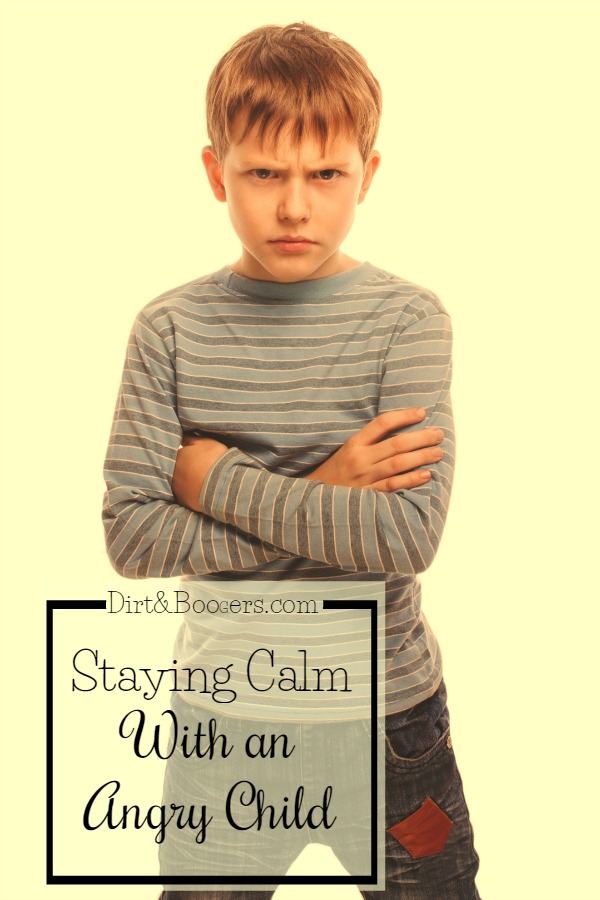I’m thrilled to have Dayna from Lemon Lime Adventures sharing her tips about parenting an angry child on the blog today. She speaks from her heart about something very difficult, staying calm in the chaos. She is brilliant and I am so grateful to have her here today.
I am pretty sure that all of us can say we don’t like yelling. We all want to rid our home of the yelling and have a more peaceful home, right? We are looking for any tips and tricks we can find, and we have found some awesome resources along the way. We walk the walk. We talk the talk. We’ve read the books and filled our toolboxes. But, what happens when we do all this, and it doesn’t matter? What happens when we have a child who is angry and struggles with finding calm themselves? What then?
How can we possibly remain calm when our children are not? I’ve pondered this quite a bit over the last year, and come up with a few tips I use daily to remain calm even when my child is screaming at me.
It is no secret that my home is not a peaceful one. Let’s see, I’ve been told I’m a beast, I’m the worst, he hates me, he never wants to see me again and everything is my fault. I’ve had doors slammed in my face, fists clenched in front of me, and uncontrollable yelling. All this happens and I am supposed to remain calm, zen and peaceful. How do I do it?
Tips For Remaining Calm with Your Angry Child
Honestly, some days I’m not the best. I don’t want you to think I have this all figured out and you should to. Instead, I want to let you know you are not alone. I want to give you some tips that I like to follow to help me remain calm {most days} when my child is angry, frustrated and exploding.
1.Offer Support and Love
First and foremost, you want to make sure your child knows you love them and you are there when they are ready. However when they are screaming at you and rattling the windows, they might not be ready to hear you. In fact, there is research that shows that our brains actually shut down when strong emotions are presented.
2. Don’t Take it Personal
Oh this is hard! Having your child that you held so lovingly in your arms as a newborn scream awful things at you can break you pretty fast. It is easy to want to hide in a corner or shout back at them (honestly, I’ve done both). However, the best thing you can do is remember that the words they are saying are not meant to hurt you. They aren’t even aimed at you. There could be a multitude of reasons their emotions are high, ranging from hunger, attention, anxiety, or other developmental issues that are lying under the surface.
3. Walk Away
I kid you not, walk away. Nothing good is going to come from staying next to your angry and exploding child. If you have made sure they are safe and you have given them what you need, walk away. Find a quiet spot and sit. Your reactions to your child will only be emotional if you don’t give yourself some space. You’ll find this space is needed for both you and your child.
4. Count…
Seems silly, right? How many times have you heard that you should count before speaking? But its so true. In your head, while your child is blowing up… count. One… Two… Three… Four… challenge yourself to not respond or say anything until your counting voice has calmed and your heart-rate has slowed.
5. Take Care of Yourself
This one is one of the hardest things for me. I am pretty sure that if someone asked me to list my top 10 priorities of things to take care of in a day, I wouldn’t make the cut. However, if I am not giving myself the attention I need (even if its is just 5 quick morning routines), I will never be able to give my child what they need in the middle of a meltdown. I won’t have the energy and neither will you. So please, if you don’t put yourself on your own “to do” list and you have an angry child, this needs to be a priority. Parenting children with such intense emotions is draining and exhausting. You deserve to replenish your bucket.

In fact, this is such an important topic between my husband and I, that I’ve have written a few tips on how to stay sane {and happily married} when parenting an angry child.
I don’t know about you, but I wish someone had shared their real-life tips for raising an angry child before I had one. I’d love to know, how do you remain calm and refrain from yelling when you have an angry child? What tips can you share?
More for you:
 Dayna is a National Board Certified teacher, with over 12 years of experience in early childhood education, who now homeschools her 3 children, one of which struggles with Sensory Processing Disorder. She is the author at Lemon Lime Adventures and owner of Project Sensory, where she is dedicated to sharing real life stories with parents and educators about the pretty and the not so pretty days involved in raising children. You can connect with Dayna over on Facebook, Twitter,Instagram, and G+!
Dayna is a National Board Certified teacher, with over 12 years of experience in early childhood education, who now homeschools her 3 children, one of which struggles with Sensory Processing Disorder. She is the author at Lemon Lime Adventures and owner of Project Sensory, where she is dedicated to sharing real life stories with parents and educators about the pretty and the not so pretty days involved in raising children. You can connect with Dayna over on Facebook, Twitter,Instagram, and G+!




Great and informative post. Have written two very similar myself recently. One on how dad’s ate meant to be short tempered with angry kids. And another on children arguing with you. In both have said similar points and tips. So pleased then that I know others are doing the same thing.
Hi I read your article but my interest was really piqued when I saw that you have a child with sensory processing disorder. For many years I have thought the same with my own children, but they were always diagnosed ADHD. How did your child get diagnosed? Is SPD medication or therapy based? I think the topic of SPD would make for a great future article/blog as I am sure we are not the only parents going thru this….
Thank you so much for posting this! I have felt very alone dealing with my angry child over the past year. First there was the fear of trying to figure out what the heck is going on, then there is the guilt, the second guessing, the backtracking to see what I had done so wrong. Then there is the heart break of realizing that your child is ‘different’. All these emotions are so raw. I am trying to process all this, and keep calm and remember all those things the therapist taught me to say when my child is on the floor, screaming and smashing himself off the walls or hitting himself in the face until his skin is purple…Most of the time I can make it through, calm and rehearsed. But then, once my head hits the pillow, the tears flow….and I sob myself to sleep. But today I feel a ray of hope that I am not alone. That maybe I can do this, at least for today. Thank you. From the bottom of my heart.
Hugs to you, mama! Dayna’s blog might be an excellent resource for you. She us very honest about parenting her angry son and you might find some comfort there as well. It sounds like you are a wonderful mom and trying your hardest. Keep on swimming!
Hi: some good interesting insights. Just an FYI. I have been an alcohol and drug counselor for teens for over 12 years and have been a Pastor and family counselor for over 35 years. You bring up some good things.
Another one I have often given parents is one you may know and use. It is called the “broken record”. This where you never argue from one point to another with a child, you simple repeat you request over and over without changing a word. I know some parents who will try but never follow through and yet when consistantly done, and I mean consistantly, it works.
Finally, I went to a training a few years back with a noted child psychologist. She noted a study that looked as the 3 times a person will find they show the most anger through their liftime.
1- 2 years old, of course the terrible two’s and this is considered the worst.
2- 14 years old, easy right when a child is going through puberty.
3- 65 years old. The researcher were really stupted by this. 1- either since it is the age most retire and will later feel useless, or 2- At that age they just don’t care anymore…HA!
Thanks for this article. It felt really good to know there are more parents out there that struggle with an angry child. My 7-year old daughter has been struggling with anger outburst since she was very little. It often takes all of my strength not to explode myself… But I found that the best thing that I could do to both help her and myself is to hug her really tight… Sometimes she gives in immediately and les herself be hugged, but often I have to keep at it, until she calms down.
It helps her because she feels that I’m there for her, but it also helps me to not angry myself